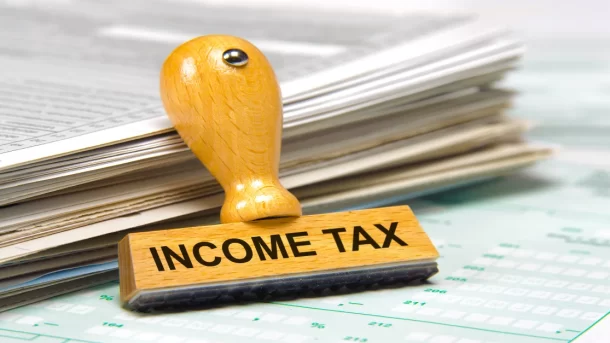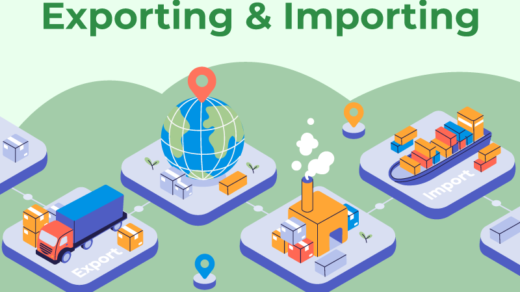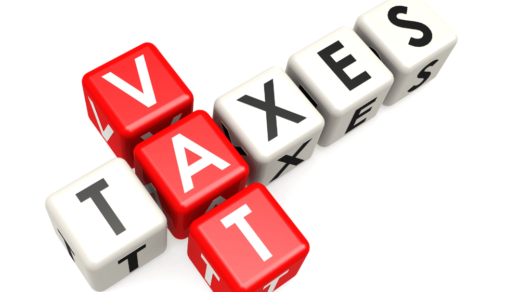Income tax is a fundamental aspect of a country’s fiscal system, serving as a primary source of revenue for governments worldwide.
It is a direct tax imposed on various sources of income, such as business profits, employment salaries, rental income, dividends, interests, and pensions.
The purpose of income tax is to fund government activities, public services, and infrastructure development.
Methods of Collecting Income Tax
Several methods are employed to collect income tax, ensuring efficient and timely revenue collection. These methods include:
- Pay As You Earn (PAYE): Deductions made by employers from employees’ salaries and remitted to the government.
- Withholding Tax: Taxes withheld by payers of certain types of income, like dividends and interest, before payment to the recipient.
- Installment Tax: Payments made in installments, often applicable to individuals with significant income.
- Advance Tax: Estimated tax payments made in advance, usually by businesses, based on projected profits.
- Turnover Tax: A tax on the gross sales of a business, often applied to small businesses.
- Capital Gains Tax: Tax on the profits from the sale of capital assets, such as property or investments.
Individual Income Tax
Individual Income Tax applies to all income earned by a person, whether they are a resident or non-resident. In Kenya, for example, individual tax rates vary based on income bands, with personal relief provided to ease the tax burden.
Individual Tax Bands and Rates (Effective from July 1, 2023):
- On the first Shs. 288,000: 10%
- On the next Shs. 100,000: 25%
- On the next Shs. 5,612,000: 30%
- On the next Shs. 3,600,000: 32.5%
- On all income in excess of Shs. 9,600,000: 35%
Additionally, individuals are entitled to a personal relief of Kshs. 28,800 per annum.
Taxation for Non-Resident’s Employment Income
Non-residents receiving income for services rendered in Kenya are subject to income tax at prevailing rates. However, they do not qualify for personal relief.
Filing Individual Income Tax Returns
Filing individual income tax returns is a legal obligation for every individual with a Kenya Revenue Authority (KRA) Personal Identification Number (PIN). Returns must be submitted online through the iTax portal between January 1 and June 30 of the following year.
Penalties for late filing and payment include 5% of the tax due or Kshs. 2,000 (whichever is higher) for late filing and 5% of the tax due plus 1% interest per month for late payment.
How to Pay Individual Income Tax
After filing online, individuals can pay their taxes at appointed KRA banks or through Mpesa using the KRA Pay bill number 572572.
Tax Relief
Tax relief is an essential aspect of income tax, providing incentives to reduce the overall tax burden. In Kenya, residents enjoy personal relief of Kshs. 28,800 per annum and insurance relief of 15% on premiums paid for specific policies, not exceeding Kshs. 60,000 per annum.
Exemptions from Individual Income Tax
Even if exempt from paying taxes, individuals must file returns and enter a valid Exemption Certificate Number.
Conclusion
Understanding income tax, its methods of collection, individual tax rates, and the importance of timely filing and payment is crucial for individuals and businesses alike. Adhering to tax regulations not only fulfills legal obligations but also contributes to the development of essential public services and infrastructure.




